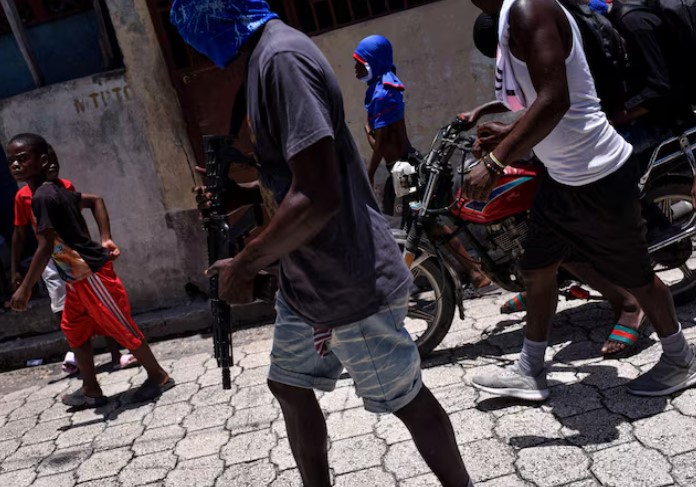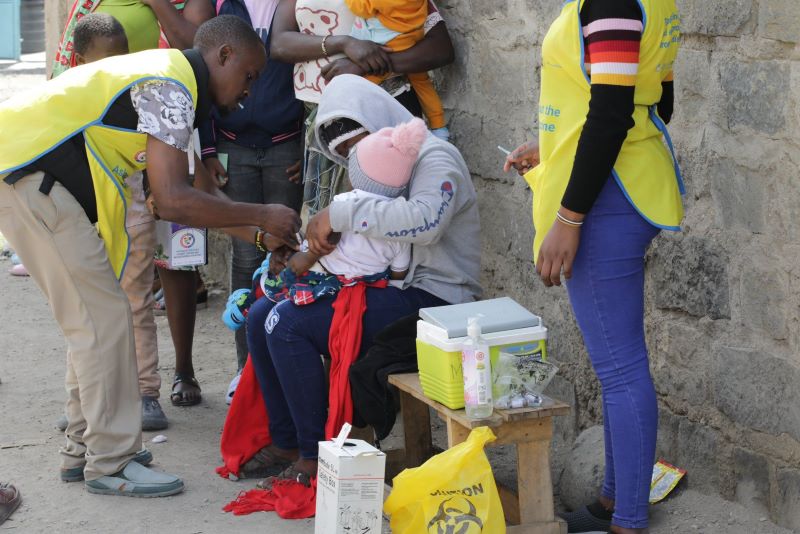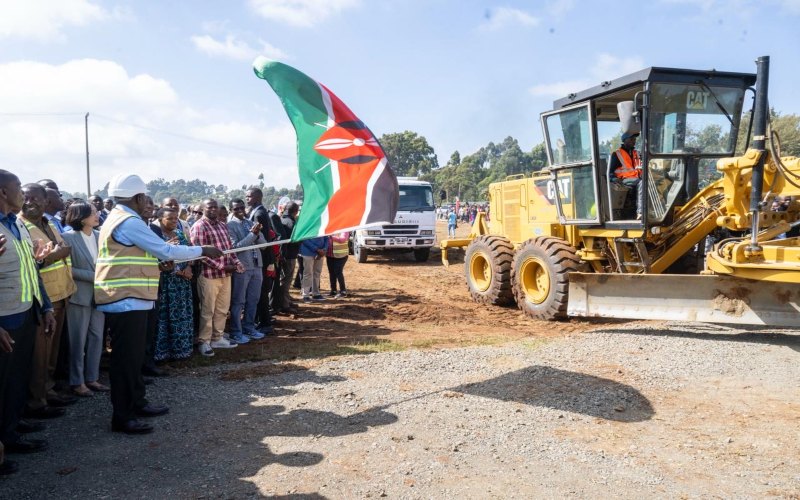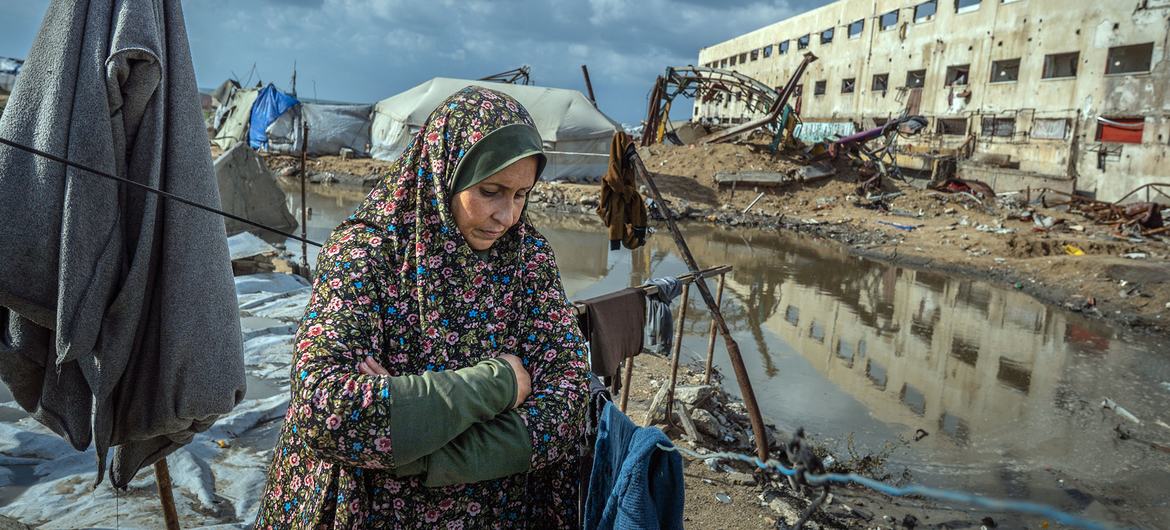Haiti gangs recruiting more child soldiers, human rights report says

Near-famine conditions push boys to pick up guns while girls are sexually abused and forced into domestic work in the Carribean nation.
Haiti's armed gangs are increasingly recruiting children into their ranks, a report by Human Rights Watch warned on Wednesday, as near-famine conditions push boys to pick up guns while girls are sexually abused and forced into domestic work.
The group, which advocates for human rights globally, said it had spoken to six children recently involved with gangs, all of whom said they wanted to leave and had joined because they were hungry and gangs were often the only source of food, shelter or money.
More To Read
- Haiti security forces say era of unchecked gang power is over as crackdown intensifies
- ‘Kenya can’t do it alone’: US urges more nations to join Haiti’s Gang Suppression Force
- Green light for Gang Suppression Force tells Haitians ‘they are not alone’, Security Council hears
- Gang Suppression Force denies reports of Kenyan police deaths in Haiti
- Haiti is under a UN arms embargo: So why are 500,000 illegal weapons in circulation?
- Security Council renews Haiti sanctions
Boys are often used as informants, trained to use weapons and ammunition, and deployed in clashes against the police, HRW said. It cited the case of a boy called Michel, an orphan who was recruited six years ago when he was 8 and living on the streets and was given a loaded Kalashnikov.
Girls are raped and forced to cook and clean for gang members, the report said, and often discarded once they become pregnant.
Expanding influence
Haiti's powerful gangs have been expanding their influence in recent years while state institutions have been paralysed by a lack of funds and political crises. Gangs now control territory where 2.7 million people live, including half a million children.
As they have grown, the gangs have ramped up child recruitment, said HRW.
About a third of gang members are children, according to estimates by the United Nations, which has also warned of boys being used for killings and to attack institutions, and girls being forced into exploitative sexual relations and killed in broad daylight for refusing to do so.
HRW said that criminal groups are increasingly using popular social media apps to attract recruits.
The leader of the Village de Dieu gang, for instance, is a rapper and publishes well-polished music videos of his soldiers. The report said he has a specialised unit to train children how to handle weapons and set up checkpoints.
The UN approved Haiti's request for a security mission to help the Caribbean country's police fight the gangs a year ago, but so far the mission has only partially deployed.
HRW urged Haiti's government and other countries to provide more resources for security forces, ensure children are able to eat and go to school, and provide rehabilitation for recruits.
Top Stories Today















































